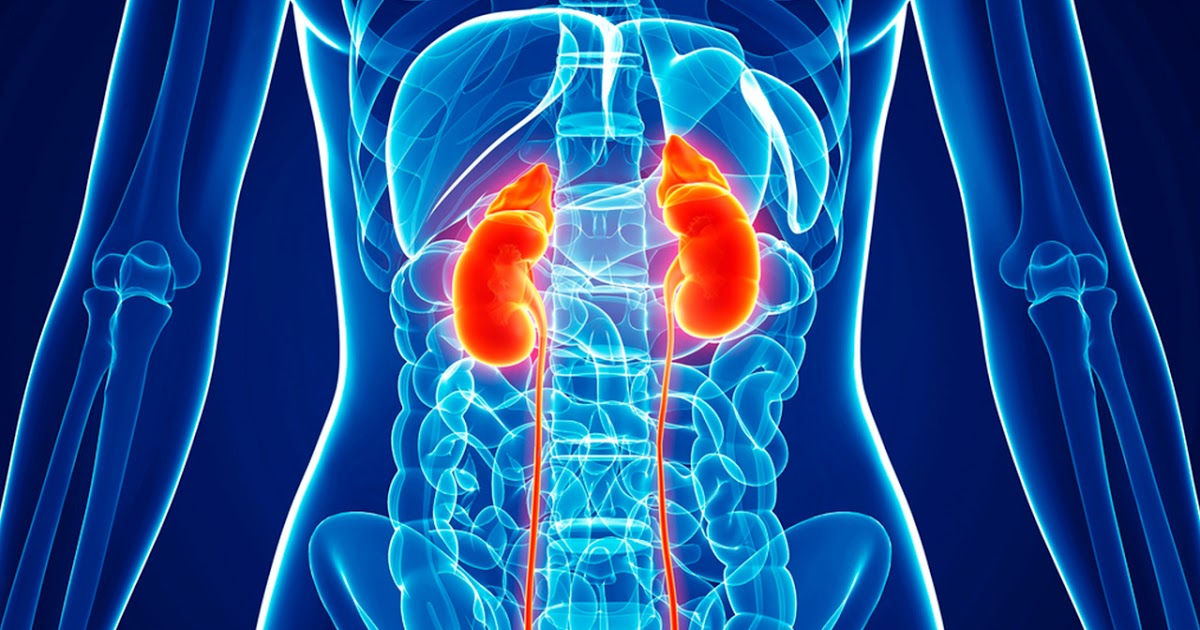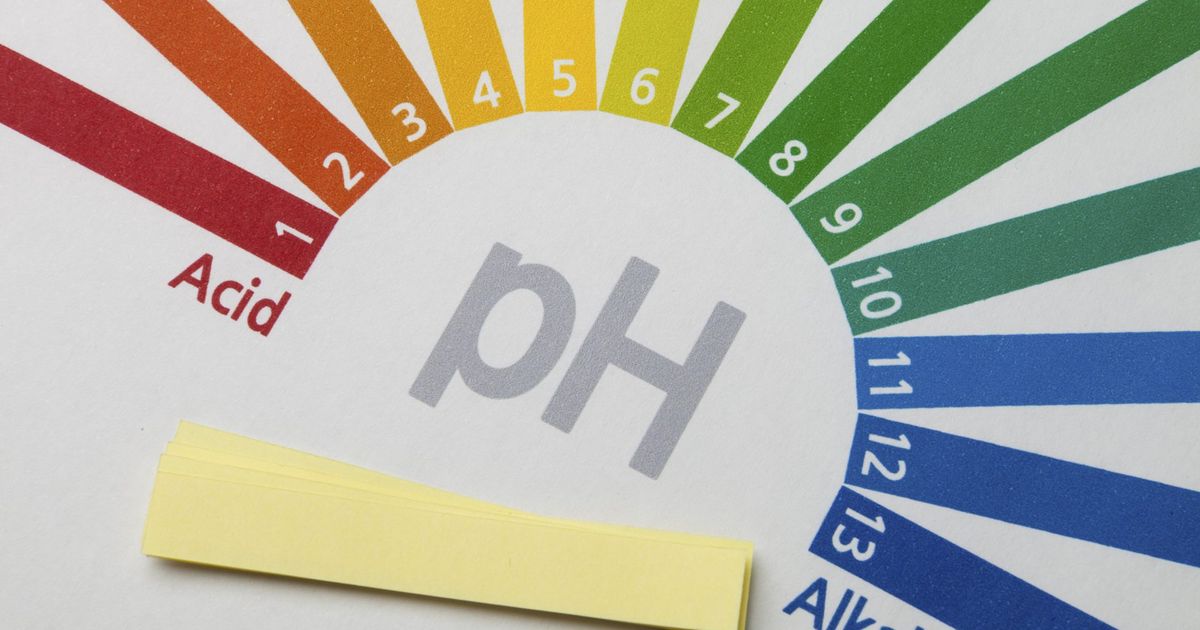Causes Of Metabolic Acidosis
Hyperchloremic Acidosis

Bicarbonate is a byproduct regulated by the kidneys. When individuals breathe, their blood brings bicarbonate to their lungs and exhaling releases the carbon dioxide. The kidneys also excrete and reabsorb bicarbonate, which influences the blood's acid levels.
When the bicarbonate concentration drops in an individual's bloodstream, there may also be an increase in plasma chloride. Blood chloride is called hyperchloremia, and it helps stabilize the body's acid-base balance. While there aren't always strong symptoms, some individuals will experience acute bouts of serious diarrhea and vomiting. This is caused by gastrointestinal loss of bicarbonate.
The imbalance between bicarbonate and chloride can result in acidosis. Typically, individuals with hyperchloremic acidosis suffer from kidney disease. Doctors will run tests to pinpoint the cause of a patient's hyperchloremic acidosis. This condition is usually treated with rehydration therapies.
Uncover more on the causes of metabolic acidosis.
Renal Tubular Acidosis

The body flushes acid out of its system through urination. When the kidneys malfunction or do not acidify urine enough, pH levels change. The acid increase caused by kidney dysfunction is called renal tubular acidosis.
Renal tubular acidosis is an ongoing problem for people with kidney disease. There are four types of renal tubular acidosis, and each one is diagnosed based on the location of the kidney malfunction. For example, type 1 is called classical distal renal tubular acidosis. The anatomical term 'distal' means distant, which means the defect in kidney function is far from the place where fluid enters the tube that collects waste to turn into urine.
Symptoms of renal tubular acidosis include fatigue, confusion, impaired growth in children and softening of the bones. Treatment is imperative, especially among younger patients, as it can lead to delayed growth and other developmental issues. Treatment involves restoring the body's pH balance through alkali therapy.
Get the details on the next cause of metabolic acidosis now.
